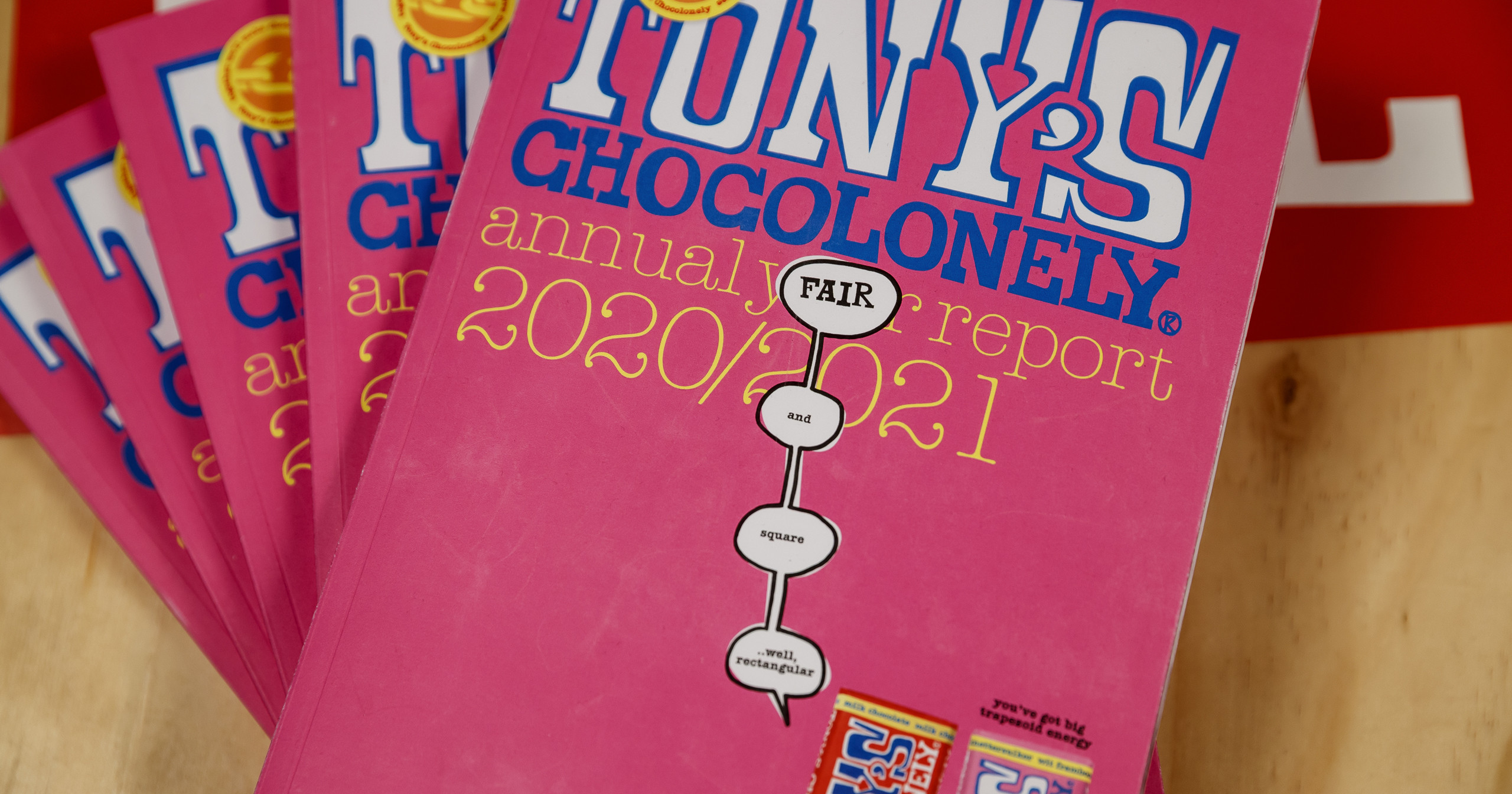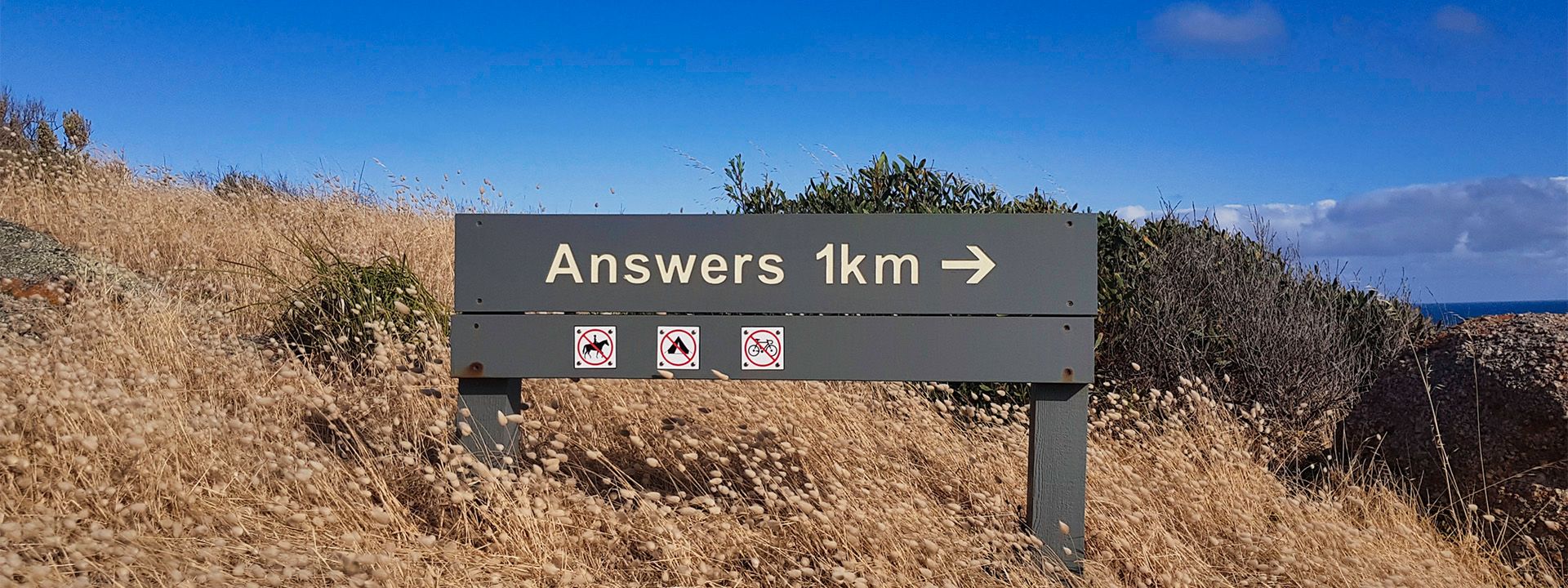Updated: That Time When John Oliver Jumped the Shark | TCL LIVE

Episode 144 of #TheChocolateLifeLIVE goes LIVE at 10:00 AM PDT / 1:00 PM EDT on Tuesday, November 7th.
The video is still up on LinkedIn and Facebook.
Link to watch and comment on my LinkedIn profile.
Link to watch and comment on TheChocolateLife page on Facebook (live event).
Episode 144 Overview
I rarely do response videos, but I thought it important to do so here – to let you know in more detail what I thought JO did well, and where he face-planted.
I generally like John Oliver (“JO”) as a comedian (I have even been catching up on his appearances on early seasons of Mock the Week) and more so as a satirical news reporter and commentator on The Daily Show with John Stewart and his series Last Week Tonight on HBO.
I find his on-screen demeanor, persona, and overall approach to be quite effective at tackling a broad range of topics. (I will explain why I think he’s so effective in my response).
Chocolate is complicated. JO acknowledges this and then almost immediately forgets that fact.
They don’t know what they don’t know. And so, I found the first twenty minutes of the recent episode on chocolate to be surprisingly well-researched, presenting elements of a very complicated aspect of the cocoa-to-chocolate supply chain quite effectively in the under thirty-minute run time of Last Week Tonight segments:

But ...
(and, it’s a big but, pun intended) at about the twenty-minute mark of the episode, JO’s coverage jumps the shark. It is clear to those of us with more knowledge about the topic that his research team let him down mightily.
Not gently – no parachute, no padded inflatable landing pad. Just splat. Which undermines the effectiveness of everything that led up to that point.
For context, I will be taking a look at the Tony’s Chocolonely recent annual report – titled (unironically?) ... “so much impact.”

AI Generated Summary
from the video’s transcript
I am presenting the transcript as it was generated – I have done no editing.
00:00:00 - 00:20:00
John Oliver discusses the popular use of chocolate in a variety of contexts and argues that chocolate has seductive properties, despite being made of a chemical that slightly elevates blood pressure and heart rate. He then shifts the discussion to the global chocolate industry, which is worth $140 billion annually and contributes to environmental and labor problems. The host highlights instances of child labor and exploitation in the cocoa industry, showing how companies can fail to meet deadlines and downgrade their goals. He suggests that addressing the root cause of these issues, such as poverty, is crucial to creating a sustainable and ethical supply chain. The speaker emphasizes the importance of holding these companies accountable and compares the chocolate industry to other industries that have similar problems. Overall, the video advocates for ethical production practices and social responsibility in the chocolate industry.
- 00:00:00 In this section of "Last Week Tonight with John Oliver," the host discusses the popular use of chocolate as a dessert, as well as its capitalization on everything from beauty products to sculptures. He goes on to argue that chocolate has seductive properties, despite the fact that it's a chemical called phenylethylamine that slightly elevates blood pressure and heart rate. The host also mentions the topic of "sex without an orgasm," although it's unclear if he is referring to chocolate in particular. The discussion then shifts to the global chocolate industry, which is worth $140 billion annually. However, he highlights the issue that 60% of cocoa comes from just two West African countries, Ivory Coast and Ghana, where cocoa farming is labor-intensive and often done by hand. The host argues that the problems with chocolate production, from the land it's grown on to the working conditions of those who harvest it, make the popular dessert even more concerning. Despite the joy that chocolate brings to people, we must start to recognize the negative effects that the industry has on farmers who grow cocoa, and it's time to take action to address these issues.
- 00:05:00 The chocolate industry is largely dominated by a few powerful cocoa trading companies, including Cargill, Barry Callebaut, and Olam, which together buy and sell about 60% of the world's cocoa. This creates significant disparities in who benefits from the profitability of the industry, with farmers receiving only about 6% of the value of a chocolate bar. To help stabilize the amount that farmers earn, Ghana and other countries have set minimum prices, but these prices are often not enough to cover the costs of farming. As a result, some farmers have turned to illegal practices, such as growing cocoa trees in protected forests where the uncultivated soil is more fertile and stolen land is effectively free. This practice, known as "skeleton forests," can lead to significant environmental damage and human costs. In recent years, there have been concerns about child labor in cocoa farming, with some major chocolate companies, including Nestle, admitting that children work in virtually every agricultural setup around the world.
- 00:10:00 In this section of the YouTube video "Chocolate: Last Week Tonight with John Oliver (HBO)", John Oliver discusses the issue of child labor in the cocoa industry and how companies like Nestle have been known to force or traffic children to work in cocoa production. Despite laws and initiatives aimed at eliminating this practice, the industry has not met its goal to eradicate child labor entirely. The companies have been found guilty of failing to meet deadlines and downgrading their goals, leading to continuing exploitation of children for profit.
- 00:15:00 In this section of the video, the premium paid by chocolate companies for complying with the Organic Trade Association (OTA) program is discussed, as well as the audits required for the labeling program. The audit process for OTS is shown to be unreliable as companies can predict when audits will take place, making it easy to hide child labor. The video reveals that many of the chocolate bars sold in the United States are likely the product of child labor, which is not only unethical, but also harmful to the children who are forced to work in such conditions. The video suggests that the chocolate companies can remedy this issue by paying their farmers more, as they have the power to influence the price of cocoa beans. Addressing the root cause of child labor, such as poverty, is crucial in creating a sustainable and ethical supply chain.
- 00:20:00 In this section, the video discusses the issue of child labor and exploitation in the chocolate industry. The speaker emphasizes the importance of holding companies accountable for their supply chains and addressing the root causes of these issues. While companies may prioritize profit over social responsibility, it is crucial to have legislation in place that forces them to do the right thing. The speaker compares the chocolate industry to other industries that have similar problems and emphasizes that experts consider chocolate one of the most clear cases of exploitative practices. Ultimately, the hope is that, with action, chocolate can once again provide the simple joy that it is known to bring.
Transcription summary courtesy: summarize.tech.

Links to all of Tony’s Annual Reports

Small World Aside
About fifteen years ago, we (my ex-wife and I) were contacted by the production team at The Daily Show. They were doing a segment on what it took to sell houses in a difficult market. I lived in Larchmont in Westchester County where housing stock is expensive and it was definitely not a sellers’ market in 2008
For a time it seemed like our house would be featured but, in the end, a more story-worthy (for The Daily Show) alternative was chosen: One block over from our house was the one owned by Timothy Geithner, Obama’s Treasury Secretary. Even the Geithner’s were having trouble selling their home! And so The Daily Show team decided that was a juicier story angle.
Questions? Thoughts? Contribute!
If you want to share your thoughts and/or questions in the comments below before the livestream begins, add them in the comments below.
Hashtags
#HBO #LastWeekTonight #JohnOliver
#TonysChocolonely
#chocolate #craftchocolate
#cacao #cocoa #cacau
#TheChocolateLife
Live #LaVidaCocoa!

